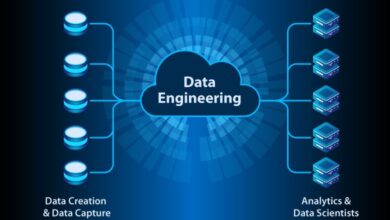
Open source is a growing trend among governments around the world. Seen as a collaborative way towards open innovation, it has the power to increase transparency, challenge norms with new ideas, and promote more equitable use of information.
From France’s Digital Republic Act making it the first country in the world to make public data “open by default”, to the U.K. government’s Open Government License putting data transparency “at the heart of government”, governments across the world have been striving for more open processes.
As a community engagement platform used by governments to connect with residents and engage them in decision-making, we know the vital role this openness plays in building trust. We also recognise that open access tools are the future, so we’re excited to be going open source ourselves, to practice what we preach.
At CitizenLab, we have a responsibility to uphold best practices for open democracy, and we strongly believe that open source is that way forward. Since launching in 2015, we have worked with over 275 local governments and organisations in more than 18 countries, and we’ve learned a thing or two about the way that open source can benefit community engagement initiatives.
For local councils, open source has the potential to enable innovations and optimise the way they work. The Greater London Authority team opened the code for their project and grant management system to promote that optimisation and are seeing the system used for everything from culture to regeneration projects.
Open source can also lead to increased transparency and possible citizen involvement, which creates stronger trust in the engagement process. It has already had a positive impact on the U.K.’s public sector: museums like the Fitzwilliam in Cambridge have been using open-source to share their collections with the world, and initiatives like Code4Health (led by the NHS) have enabled citizens across the UK to put their skills to the service of general interest.
On a local government level, open-source opens the door to more collaboration between councils and their community members, who often have a more comprehensive view of their needs based on lived experiences. The Open Air Quality Index is an example of this, as an open-source tool that helps communities around the world monitor air quality data and push for the regulation needed to achieve more equal access to clean air.
We believe open source can help spread participative democracy more equitably and strengthen civic engagement along the way. By ensuring wider access to community engagement tools, open-source removes some barriers to participation and helps reach more places, such as rural councils, and diverse audiences, such as youth. We know the gold mine that engaging younger residents presents and open source could mean that a youth organisation can launch a consultation project and reach younger, more diverse residents than traditional council outreach.
We recognise that community engagement also happens outside of government structures, and we want to support those efforts. For example, Belgian KV Mechhelen took their community online when they became the first football club to use our platform to engage fans on everything from which investor model to pursue, to whether to change their name.
The ways that open source has already been implemented across the Civic Tech sector and beyond are inspiring, and we at CitizenLab are excited to join this increasingly important trend and see how local communities experiment with and utilise our code and platform to increase engagement.





